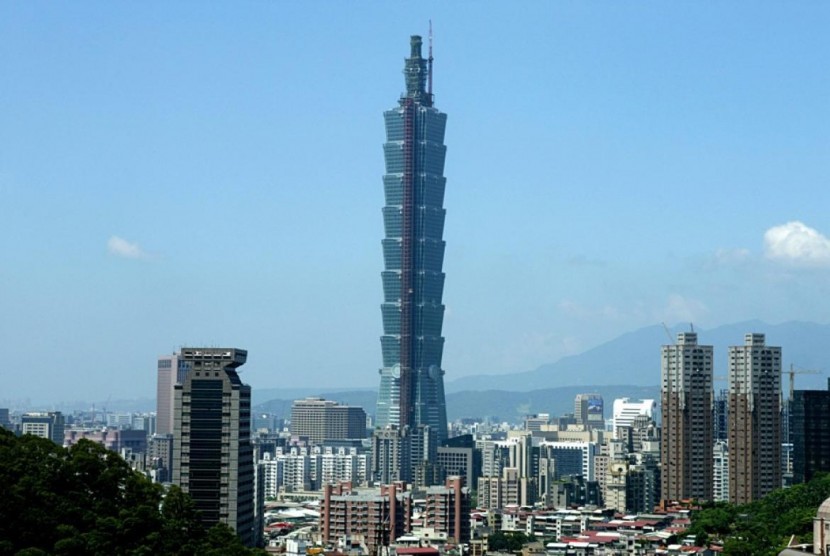REPUBLIKA.CO.ID, BEIJING -- China's state-run media on Monday warned Taiwanese president-elect Tsai Ing-wen against pursuing a pro-independence path and that a formal split from the mainland would be a "dead end".
Tsai and her Democratic Progressive Party (DPP) won a landslide victory on Saturday as voters turned their backs on closer China ties.
The DPP has traditionally backed independence for the island, but Tsai has moderated its rhetoric, promising to maintain the "status quo".
But Zhou Zhihuai, head of the Institute of Taiwan Studies at the Chinese Academy of Social Sciences, wrote in the Chinese-language edition of the Global Times that if Tsai "parts ways with the mainland, she will go down a dead end".
Beijing "will not hold unrealistic delusions" about her, Zhou added, saying that whether cross-Strait relations take "the road of peace or antagonism, it's up to Tsai Ing-wen to make the choice".
Although Taiwan is self-ruling after it split with China following a civil war in 1949, it has never declared independence and Beijing still sees it as part of its territory awaiting reunification.
Taiwanese support for Tsai and the DPP surged after voters became increasingly uneasy about a rapprochement with China under outgoing President Ma Ying-jeou of the Kuomintang.
Tsai wasted no time in warning China that "suppression" would harm cross-Strait ties, in her first comments to international media following her win, adding that "our democratic system, national identity and international space must be respected".
In the English-language edition of Global Times, columnist Zhang Hua -- from the same institution as Zhou -- accused Tsai of a "hypocritical cover-up for her pro-independence advocacy".
An editorial in Monday's English-language China Daily newspaper insisted that the Kuomintang lost the election due to issues such as rising unemployment and inequality, rather than its Beijing-friendly approach.
But it added that Tsai's policy towards the mainland "remains ambiguous".
"She has a responsibility to keep the peaceful development of cross-Straits relations on track," it said.
China's foreign ministry reaffirmed the mainland's vision of territorial integrity Monday.
"Regardless of the changes of Taiwan in the political sphere, China will remain committed to the 'one China' principle and oppose Taiwanese independence," said ministry spokesman Hong Lei.
Hong urged the US -- which has sent former deputy secretary of state William Burns to meet with Taiwanese officials in the wake of the election -- to "watch its words and actions" and "refrain from interfering in China's domestic affairs".
According to Tang Yonghong, a professor at the Taiwan Research Institute of Xiamen University, Beijing will wait to take its cues from Tsai, once her position becomes clearer in practice.
Beijing "has no interest at the moment in showing either a firm or a moderate position, as it is waiting for the DPP's stance on its 'one China' policy," he told AFP.


